With new solar-powered boreholes, gender-friendly toilets, and women trained as community engineers, over 4,500 people in Ikorodu North LCDA are gaining access to dignity, health, and opportunity through a WaterAid project funded by The Church of Jesus Christ of Latter-day Saints.
By Bunmi Yekini
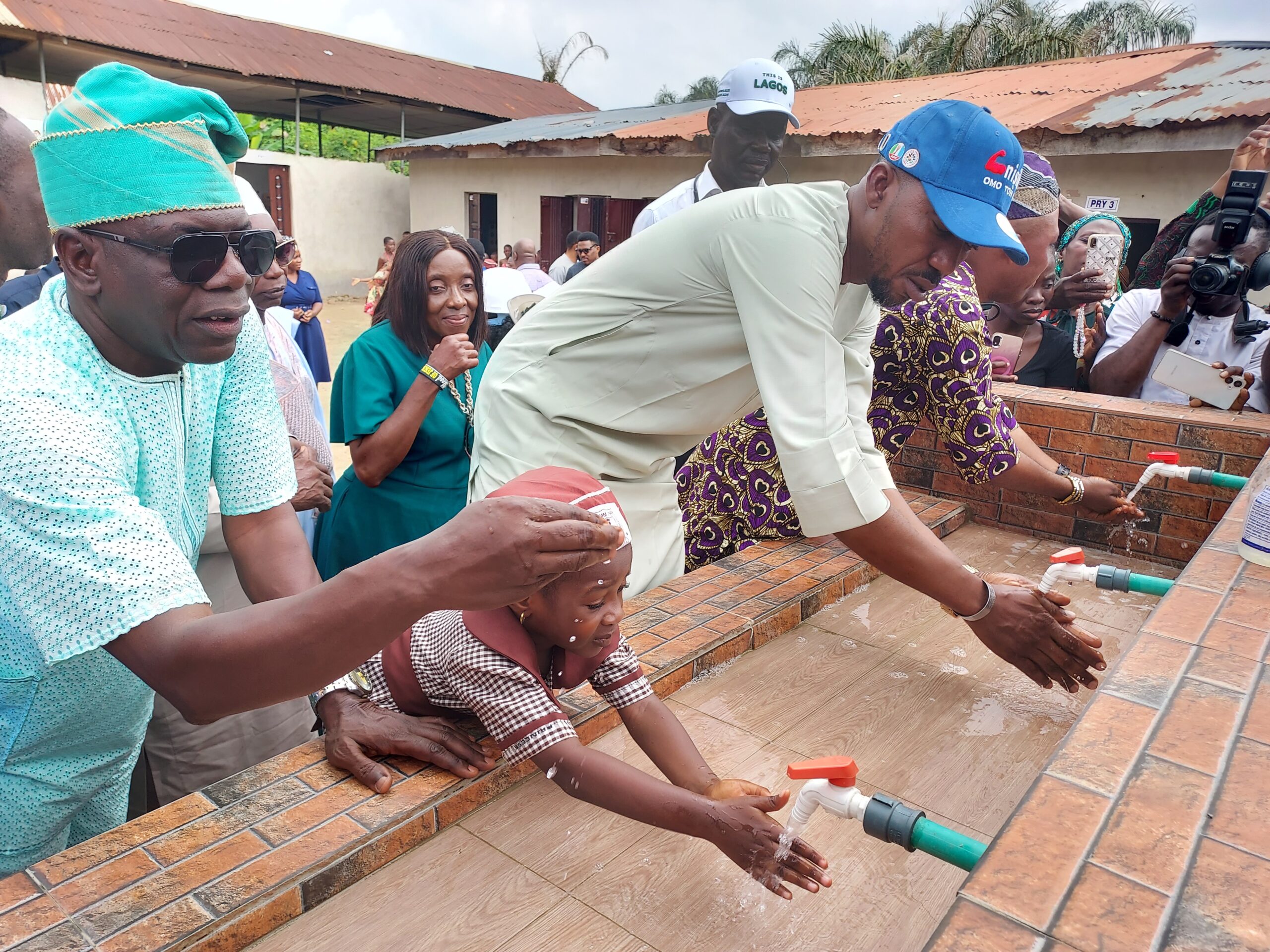
The air at Idera Community Primary School in Ikorodu North was filled with excitement on September 30, 2025, as pupils, teachers, community leaders, and development partners gathered to celebrate something far more valuable than a new building, access to clean water, safe toilets, and dignity.
For years, students in this part of Lagos had struggled with poor sanitation facilities and limited access to safe drinking water. But thanks to the Strengthening Water and Sanitation Delivery Project, led by WaterAid Nigeria with funding from The Church of Jesus Christ of Latter-day Saints (CHC), that story is changing.
The project, which ran from June 2024 to August 2025, delivered three solar-powered boreholes, four gender-friendly toilet blocks, and 18 rehabilitated toilet cubicles across three schools: Idera Community Primary School, Zummuratul Islamiyyah Primary School, and African Bethel Primary School, Erikorodo. These facilities will directly serve more than 4,500 pupils and staff while reaching over 13,900 people with hygiene campaigns, surpassing its original target of 10,000.
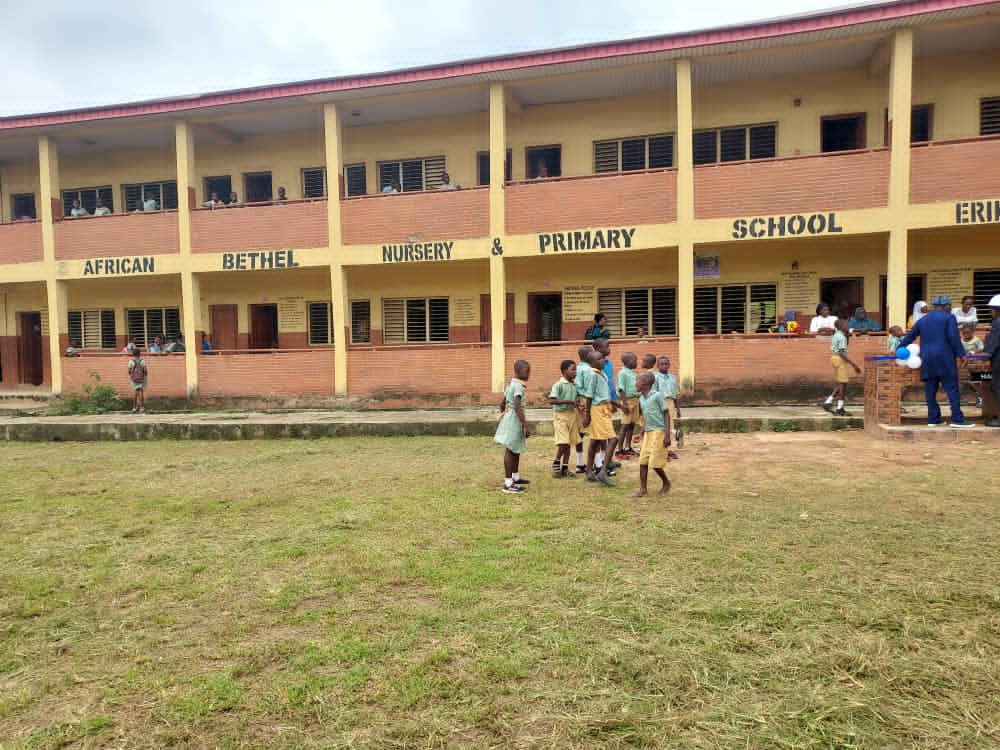
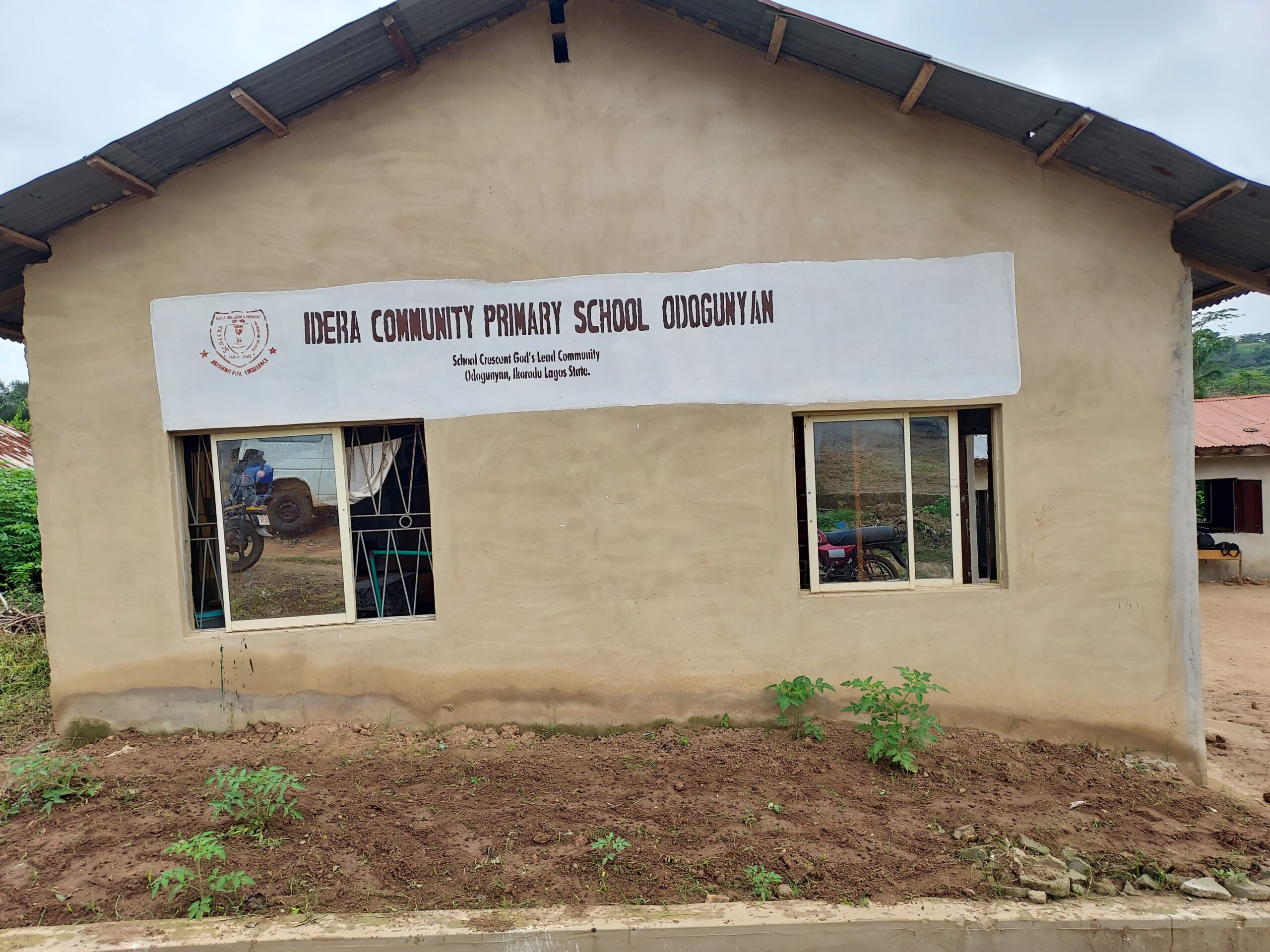
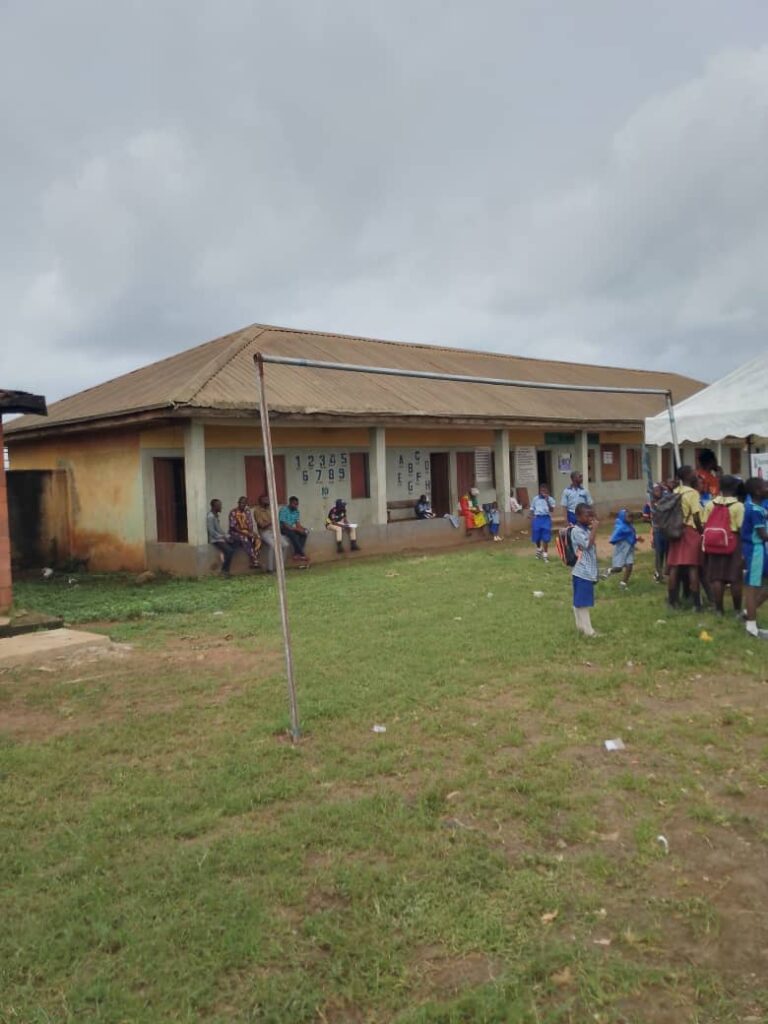
Speaking on behalf of WaterAid Nigeria Country Director, Evelyn Mere, Dr Adebayo Alao praised the project’s wide reach:
“This second phase has exceeded its objectives. By providing sustainable WASH facilities, we have not only improved sanitation and hygiene but also strengthened community ownership. We are deeply grateful to The Church of Jesus Christ of Latter-day Saints and to the Lagos State Government for supporting these life-changing interventions.”
Beyond infrastructure, the project also prioritized sustainability and empowerment. Three Water, Sanitation, and Hygiene Committees (WASHCOMs) were formed, five Environmental Health Clubs established in schools, and 30 Hygiene Promoters were trained. Perhaps most remarkably, 40 women were trained as Female Local Area Mechanics (FLAMs), a bold step into a field often dominated by men.
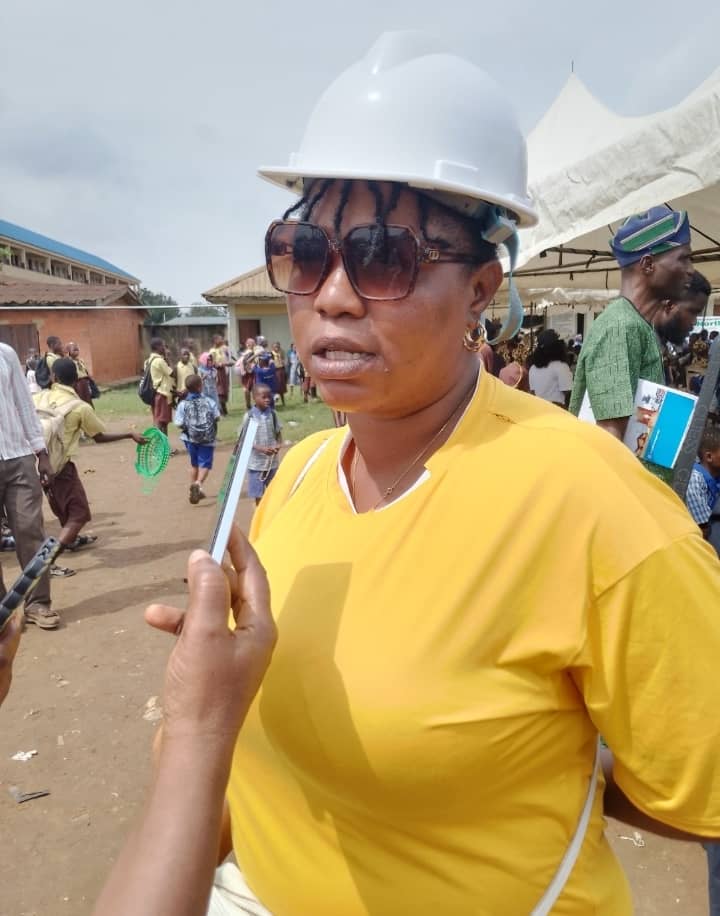
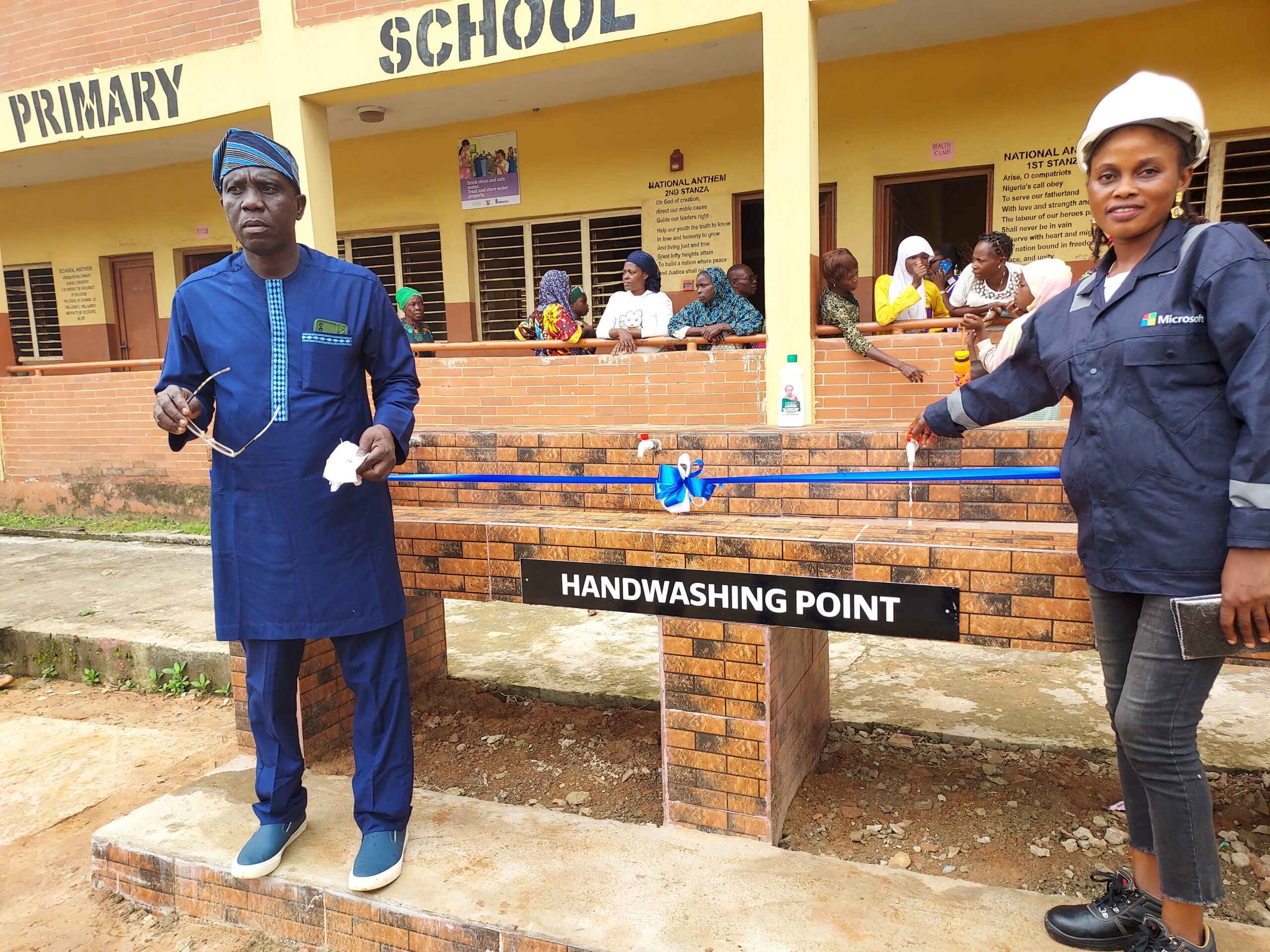
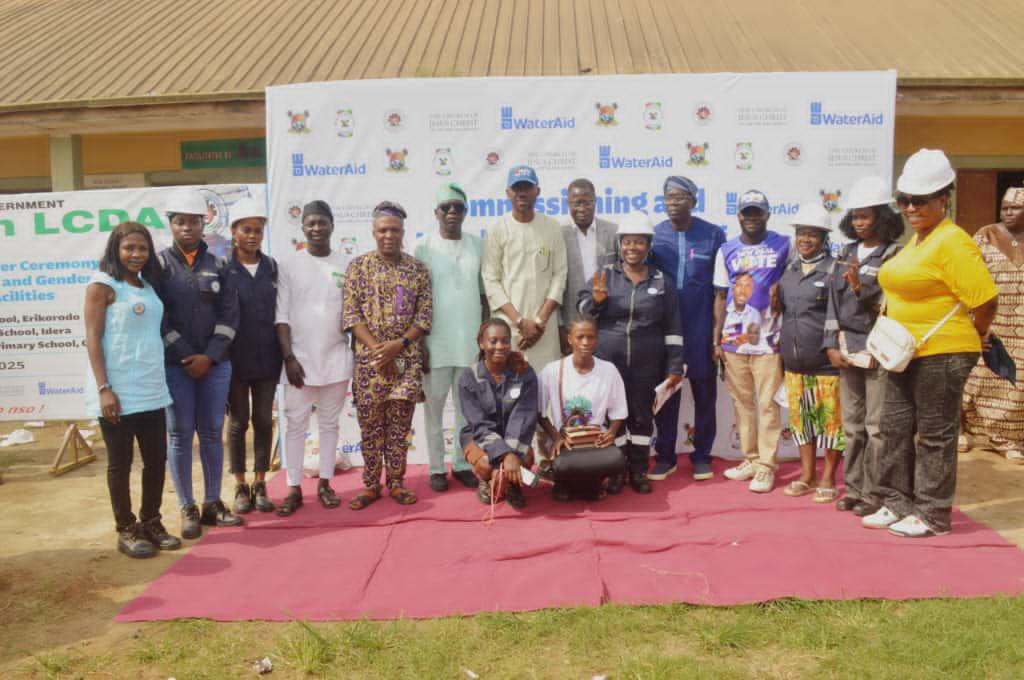
One of those women is Mrs Toyin Odubena, a biochemist-turned-trained engineer, who now coordinates the Local Area Mechanics in Ikorodu North.
“We were trained in plumbing, solar systems, and maintenance of water facilities. It’s not just about sustaining these projects, it’s about proving that what a man can do, a woman can do, and even better,” she said.
“This training has given us another stream of income, empowered women, and made us WaterAid ambassadors. We’ve already begun taking jobs outside the schools, showing that this is bigger than just one project.”
For community leaders, the moment carried deep significance. Adeniran Ogunbanwo, Chairman of the Community Development Committee (CDC), described it as “a milestone that speaks to the heart of development.”
“Water is life, and proper sanitation is imperative. These facilities will reduce the daily challenges our children face, cut down risks of waterborne diseases, and create a healthier, safer learning environment,” he said with emotion.
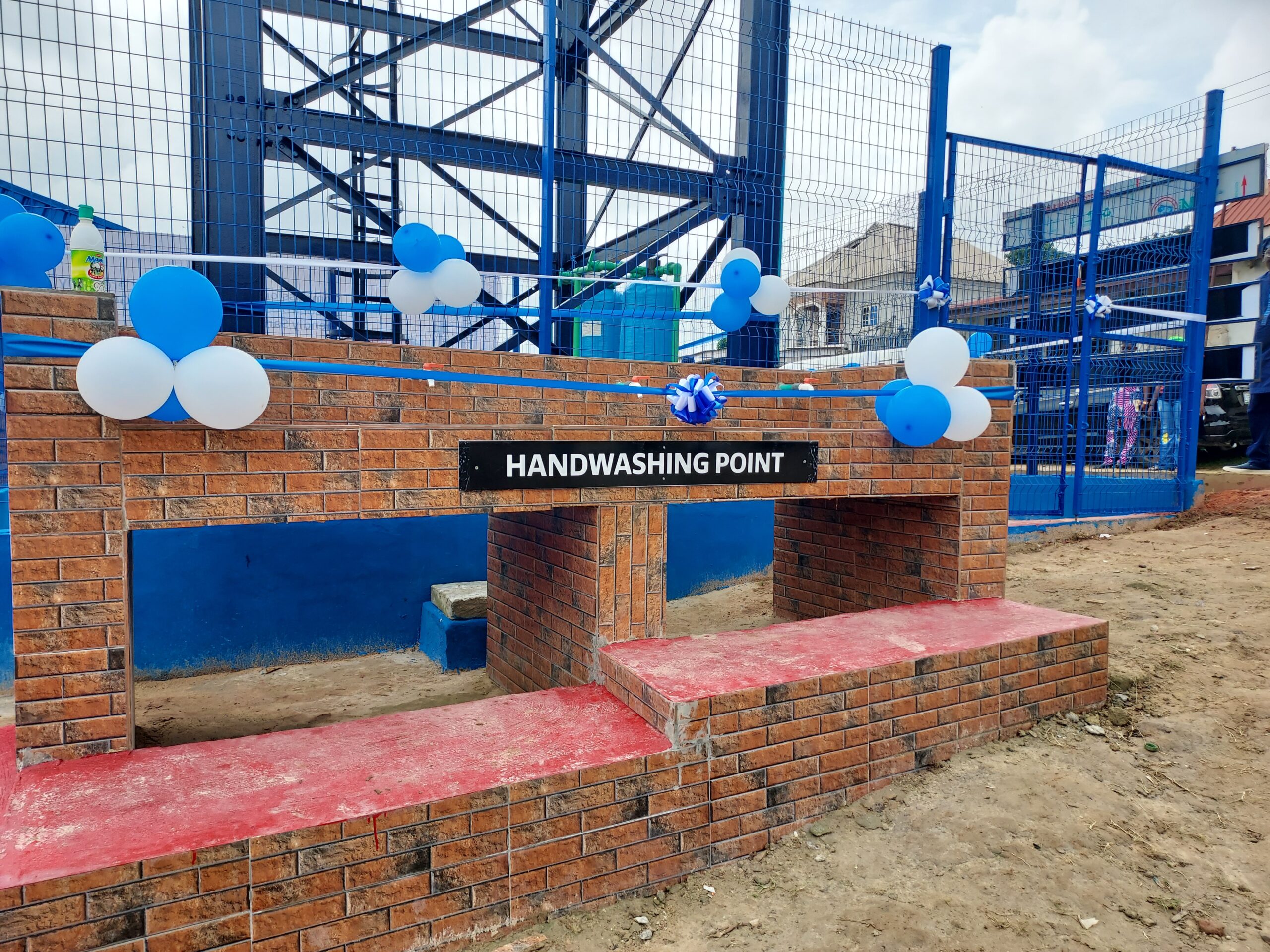
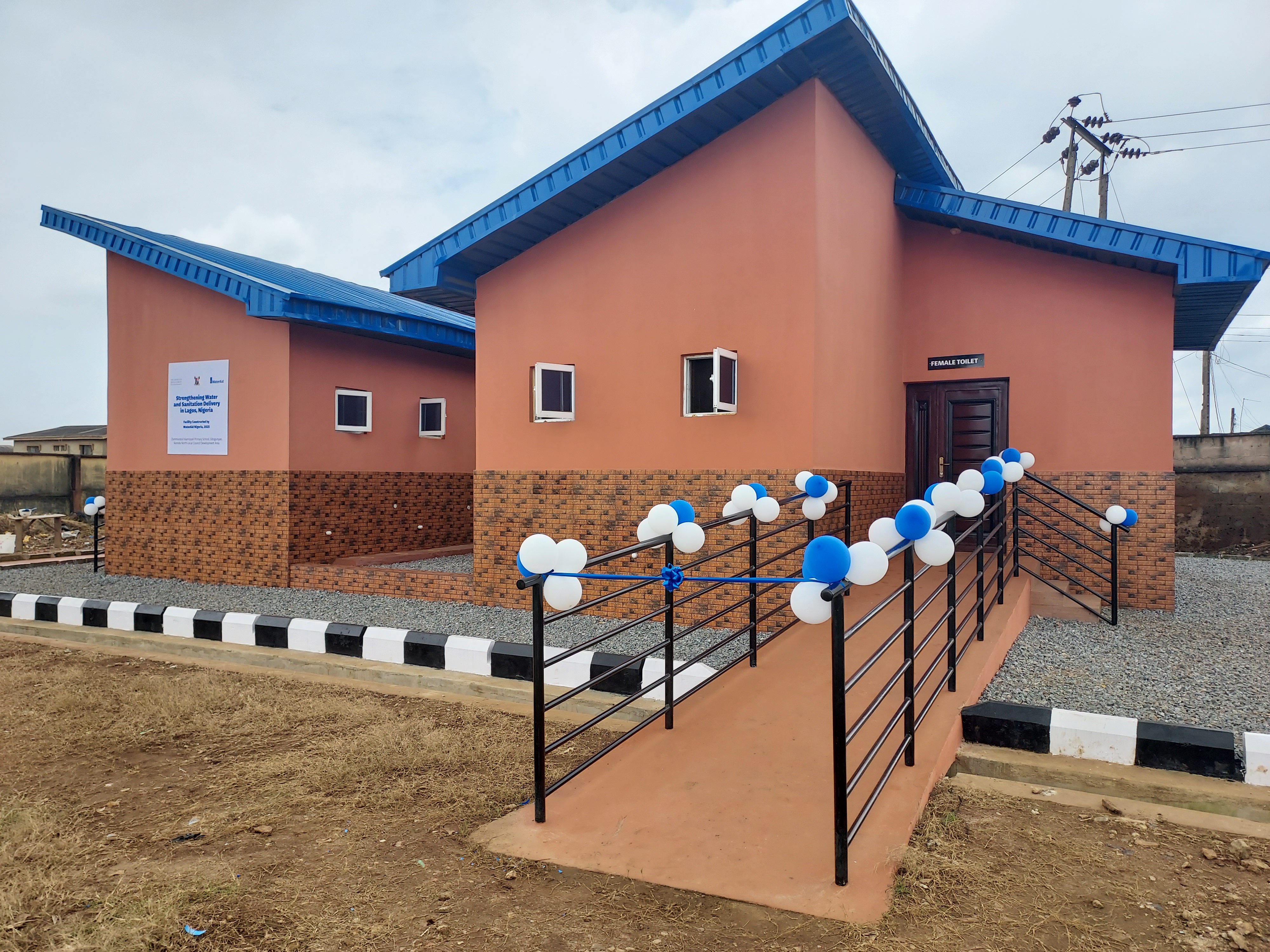
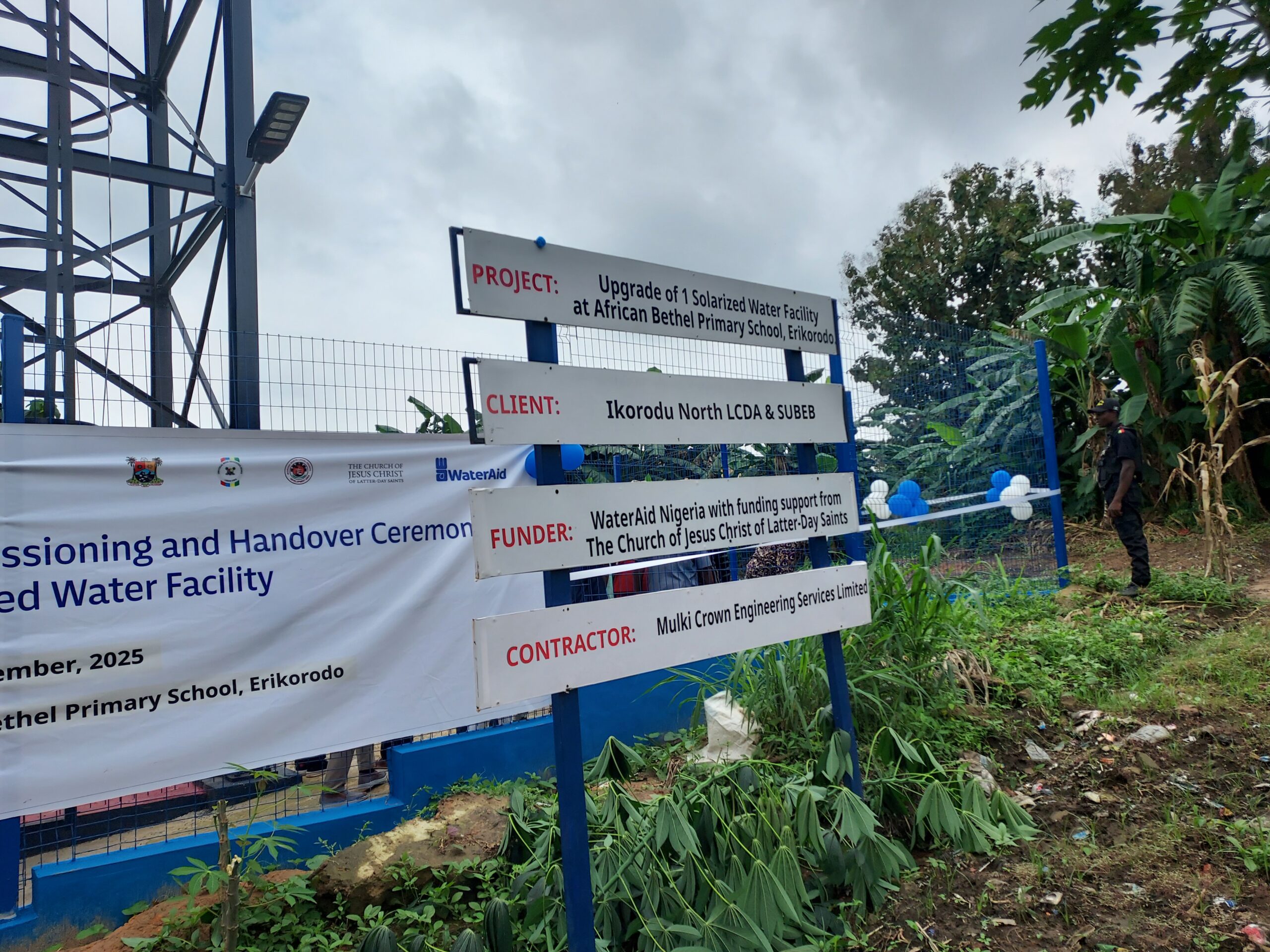
The Executive Chairman of Ikorodu North LCDA, Olawale Ibrahim Apanishile, assured residents that sustainability would not be left to chance.
“We are floating a maintenance fund and creating a department that will ensure these facilities do not run down. Our engineers, environmental officers, and community leaders will work hand in hand. We are not only benefiting from WaterAid, we are building on this foundation for future generations,” he pledged.
Representing WaterAid West Africa, Mr Ukeme Essien placed the Ikorodu project in a wider context:
“WaterAid works in six countries across West Africa, but what we see here in Ikorodu is a model of strong partnerships. We look forward to the day when every school, every health facility, and every community in our region has access to clean water, sanitation, and hygiene.”
The Ikorodu project is more than boreholes and toilets; it is a symbol of dignity restored. It demonstrates how partnerships between international donors, local governments, NGOs, and communities can spark sustainable change. And for the children now able to learn in healthier, safer environments, it represents hope.
